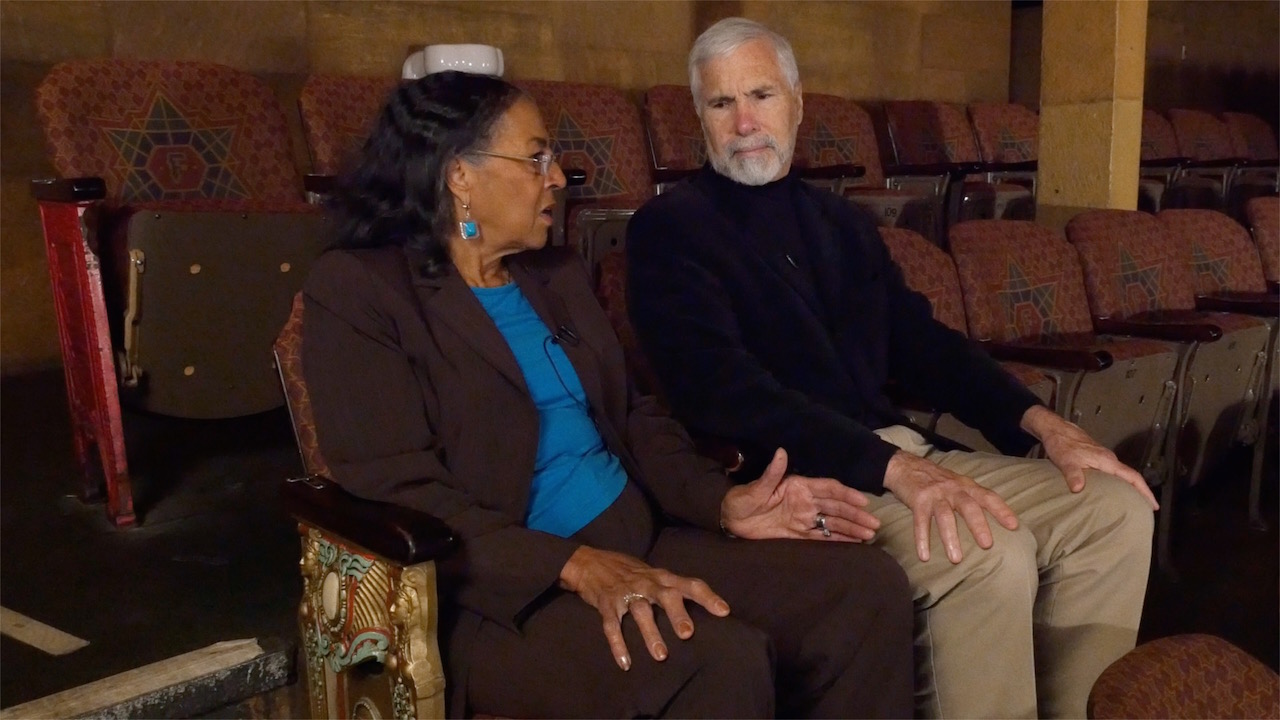It's not the biggest success story of the Chattahoochee Riverkeeper (CRK). That would be winning a $2 billion legal victory against the City of Atlanta which convinced politicians it was time to upgrade an antiquated sewer system that made the waters downstream an extension of its sewers. (It worked. Now the river downstream is healthier than ever.) But it might be the #2 or #3: How CRK responded to an ongoing toxic spill by an asphalt company that refused to stop dumping or clean up the damage... how the contamination flowed down a stream into the Chattahoochee River... and how CRK teamed up with local lawyers and media to force a cleanup. It took many many months for the case to be resolved in the courts—but it's all in a day's work for CRK.
In September 2016, CRK showed the film at their annual membership dinner in which Ambassador Andrew Young received the River Leader Award. A few weeks later the film was chosen as a semi-finalist in the Cause + Effect Georgia Progressive Film Festival, with finalists to be named in late October.















